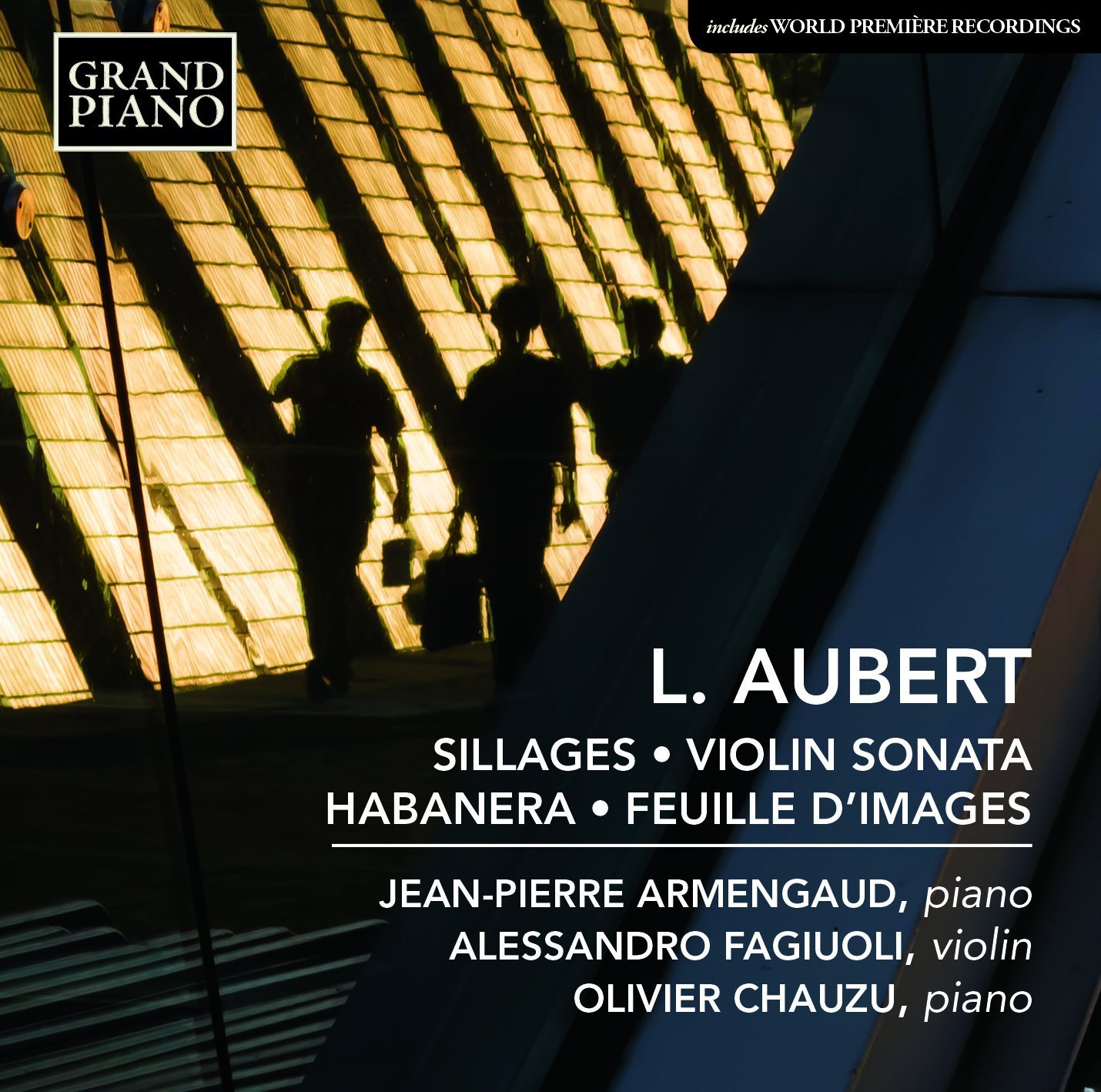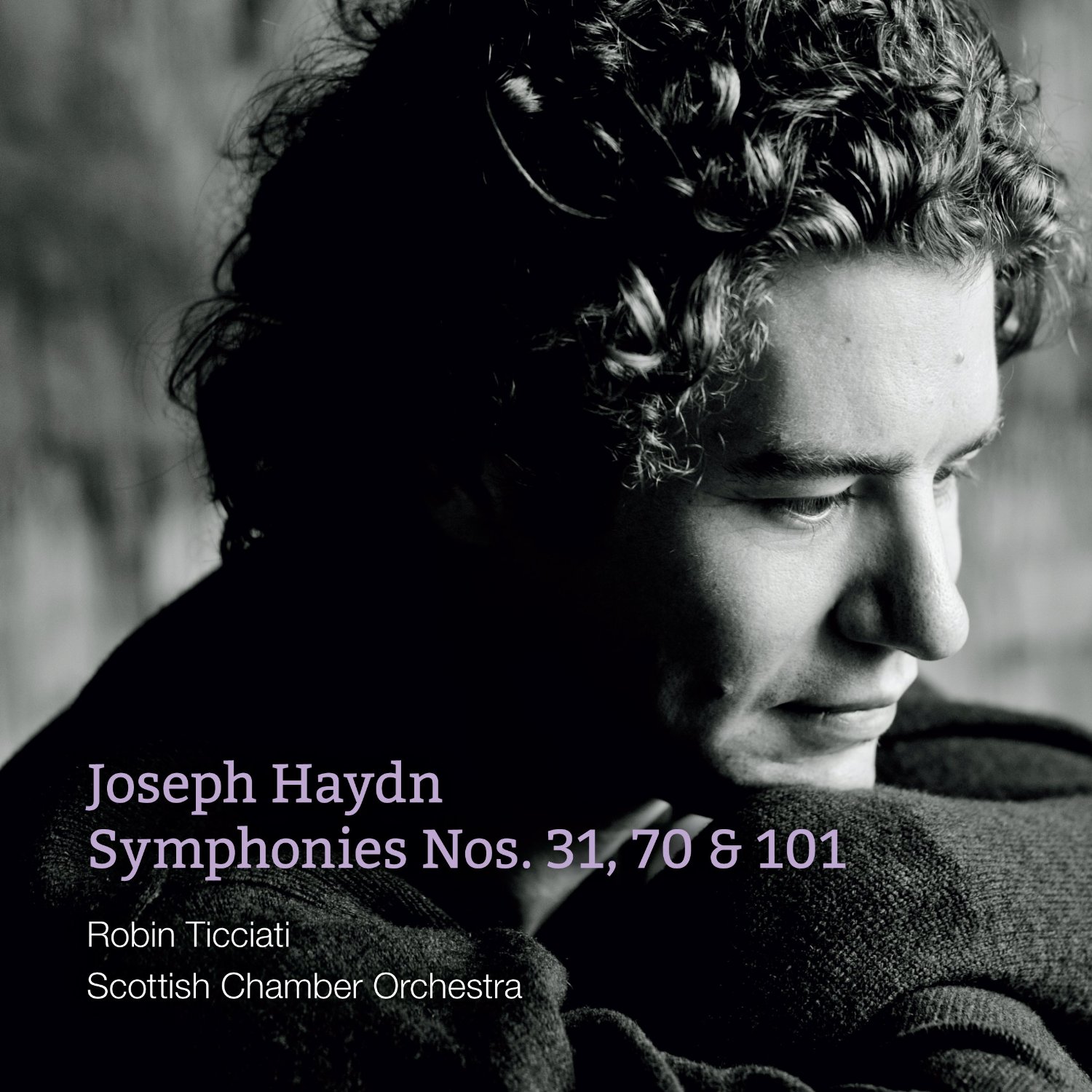Classical CDs Weekly: Louis Aubert, Schubert, Claudio Abbado
French chamber music, period-instrument Schubert and a great conductor remembered
 Louis Aubert: Sillages, Violin Sonata etc Jean-Pierre Armengard (piano), Alessandro Fagiuoli (violin), Olivier Chauzu (piano) (Grand Piano)
Louis Aubert: Sillages, Violin Sonata etc Jean-Pierre Armengard (piano), Alessandro Fagiuoli (violin), Olivier Chauzu (piano) (Grand Piano)

 Haydn: Symphonies 31, 70 and 101 Scottish Chamber Orchestra/Robin Ticciati (Linn)
Haydn: Symphonies 31, 70 and 101 Scottish Chamber Orchestra/Robin Ticciati (Linn)